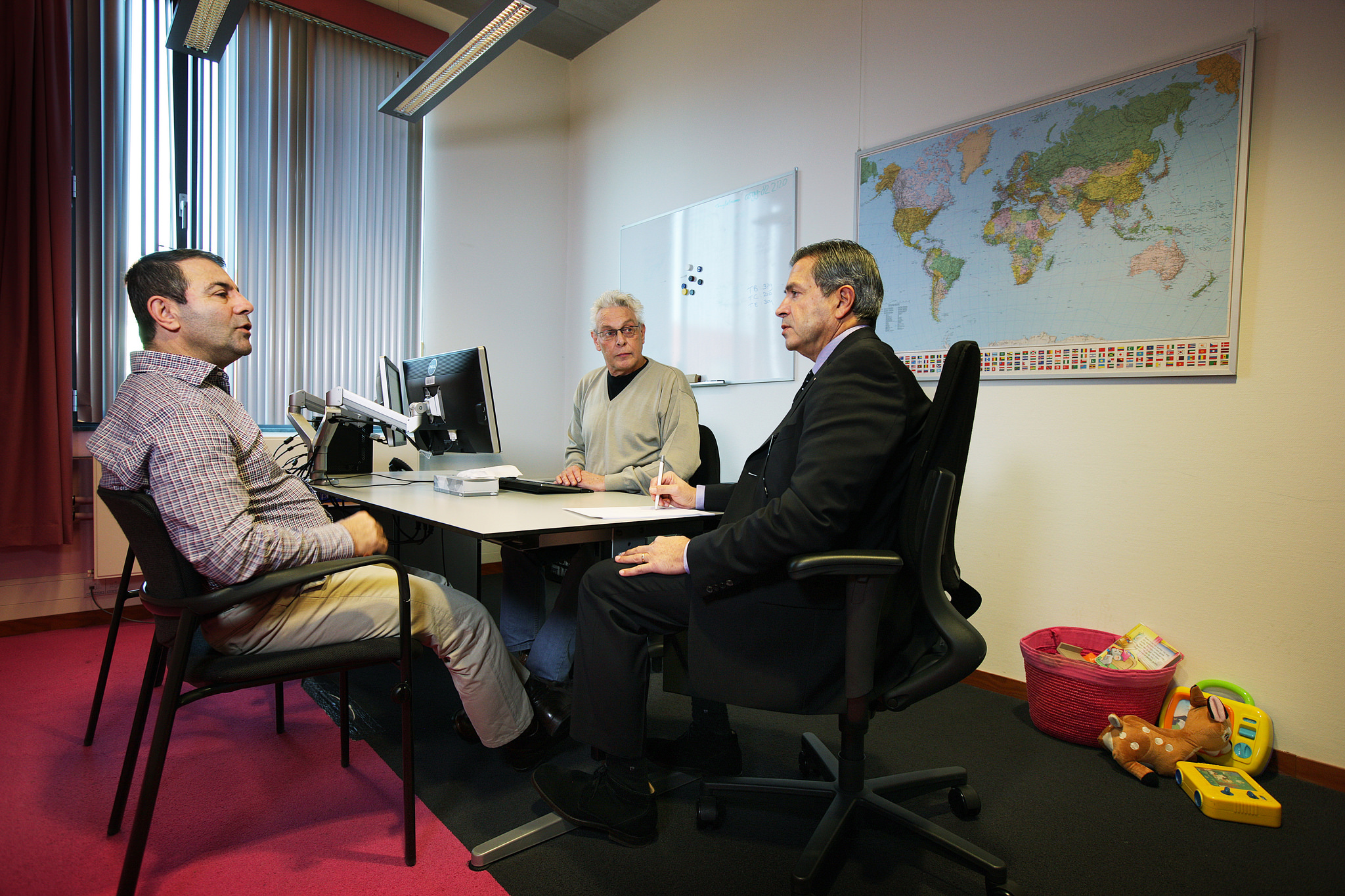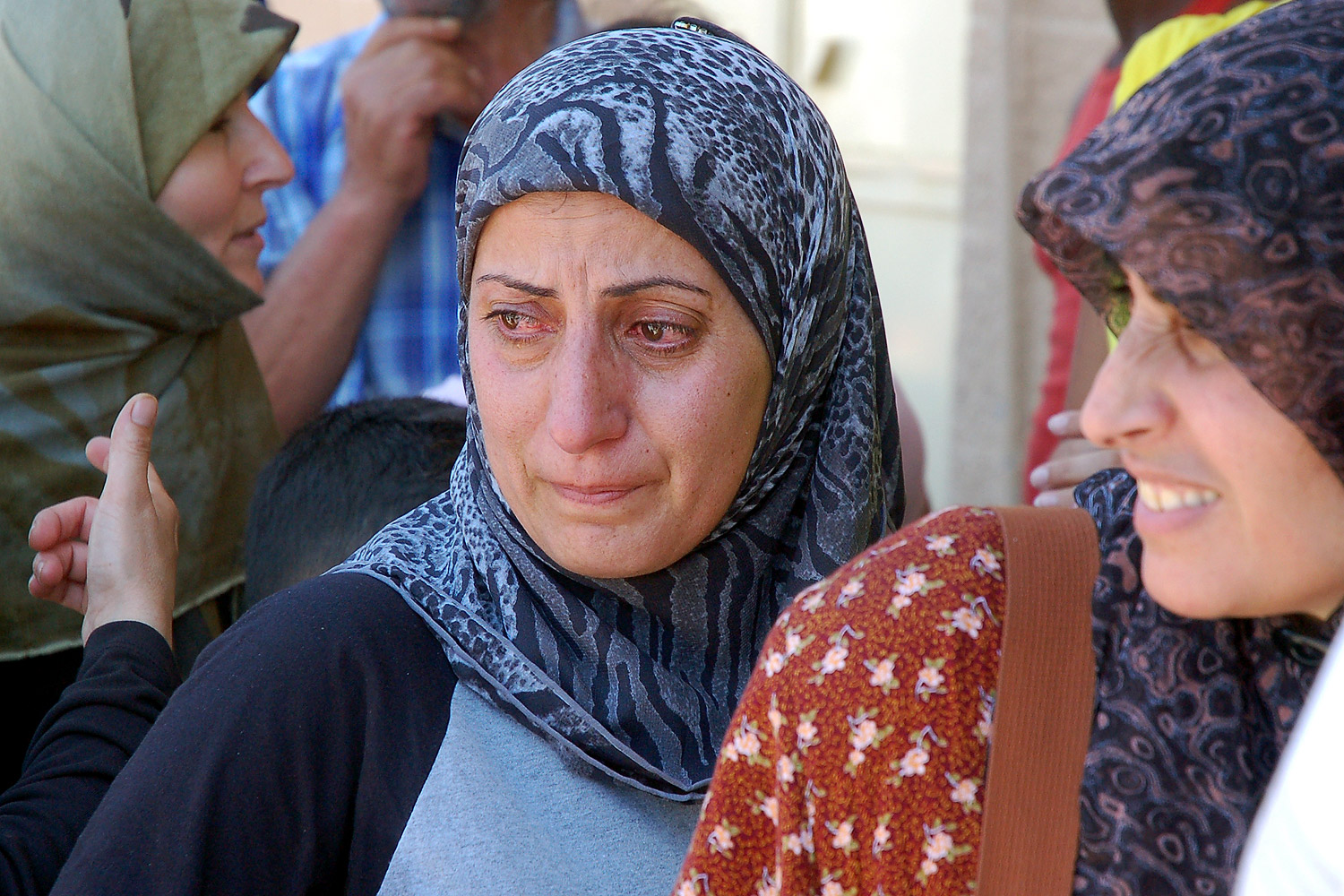Latest blog articles
-
How does EU consumer laws address dark patterns on the Internet? This topic has been part of the scholarly debate during the panel discussion “The AI-assisted consumer”, organized on 6 December 2022 in collaboration with Glaw-Net and IGIR.
-
The widespread use of AI-assisted technologies in the digital sphere has given rise to the concept of digital vulnerability, as a contextual vulnerability experienced by internet users. This phenomenon sparks debate about whether the current legislative framework is sufficient to ensure effective...
-
Reflecting on the M-EPLI Interns' Thesis Workshop: Can institutions benefit from reassessing their priorities in terms of what they incentivize and analyzing why these types of events offering an opportunity for students to write and get substantive feedback so rare?
-
The workshop will focus on different contributions that identify potential legal wrongs arising out of decentralization, with the goal of exploring old and new remedies (both substantive and procedural) that could correct them, while emphasizing the role of technology in delivering these potential...
-
SMECC stands for School, Minimum standard, Education, Child-friendly policy and care-Continuum. Imagine SMECC as a flat drawing of a house. The regulatory backstop is the minimum standard in family litigation for competent parenthood – far on the horizon, however, a necessary fundament of human...
-
Asylum seekers usually do not cross borders with a bag of documents. They have lost their personal belongings or have been confiscated by smugglers. Oral statements are therefore the only proof of origin. (Dutch only)
-
After months of news about asylum seekers dying in the Mediterranean Sea, weeks of steadily increasing influx of people from the eastern borders of the EU, and witnessing the temporary exit of Germany from the Schengen agreement last weekend, the Maastricht University Faculty of Law has announced...






